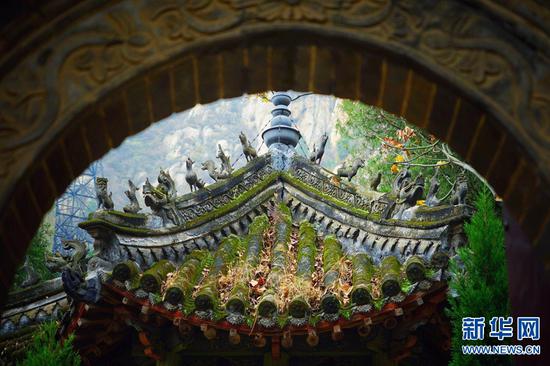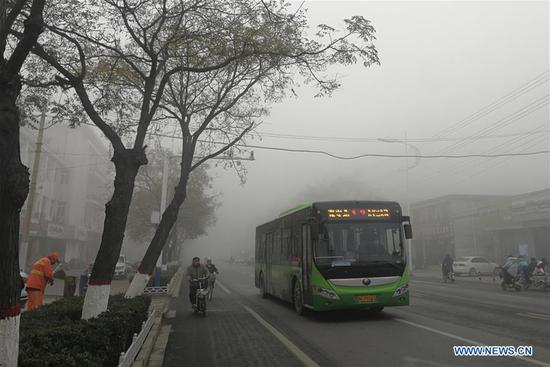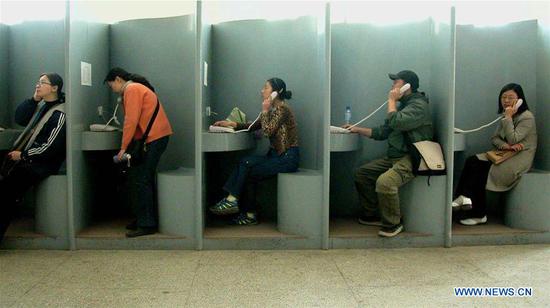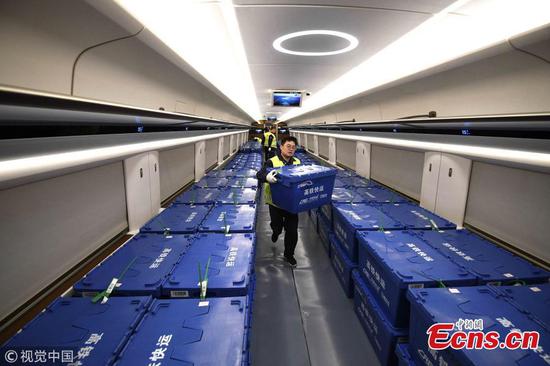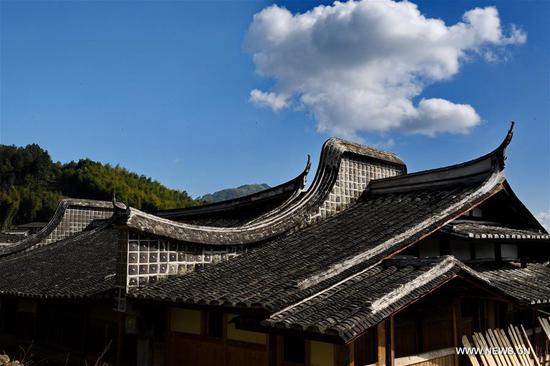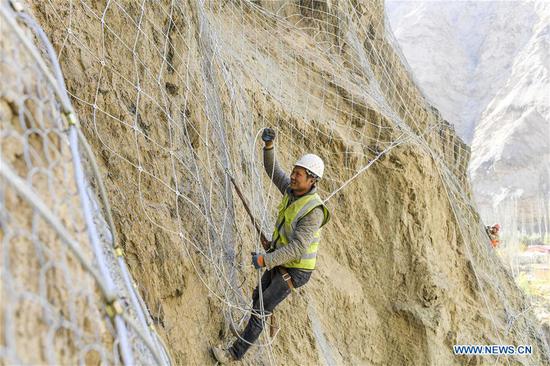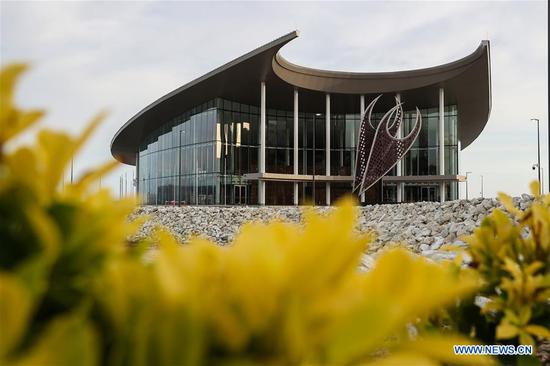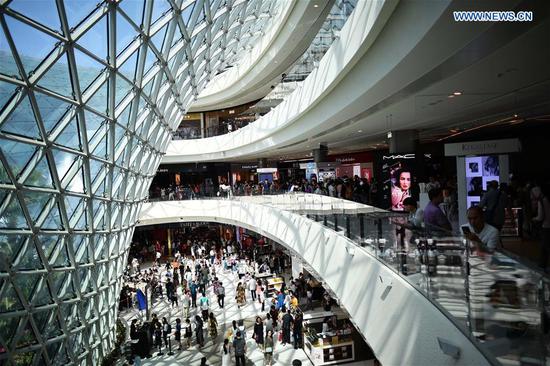"I'm losing my hair, which makes me pretty agitated the entire year," says Jia Xue, a 25-year-old woman who has just become a marketing manager at an Internet company in pursuit of a more promising career.
"Baldness" became a buzzword among the post-90s generation last year, a term that is at once a label of self-mockery and a health issue growing more prevalent among young Chinese. It's not the only tag the Nineties have given themselves. Grey hair, insomnia, and gastric distress are among the common symptoms of their generation, who cite social pressure as the main culprit for these problems.
A recent annual report by the Chinese Academy of Social Sciences on social mentality in China reveals that 31.6 percent of respondents often feel anxious, and those who reportedly show signs of fidgeting and strain account for 42.8 percent.
Anxiety stemming from issues with housing, education, healthcare, employment, excessive exposure to social media, and identity crises, particularly for those of a lower social status, have stoked unhappiness among the Chinese.
According to the report, the post-90s generation is the least happy while those from the post-80s trail right behind. Meanwhile, those who are at either end of the spectrum – the under-20s and septuagenarians – are the most satisfied.
Yang, a media editor born in 1991, complains about the skyrocketing house prices in Beijing, which have slowed down since mid-2018. "I can never afford a house here with my meager salary, even if one day, I'm given a pay raise," says Yang, a native of north China's Shanxi.
For years, prohibitive property prices have been besetting a majority of young Chinese working in first-tiered cities.
"I've even lost the motivation to make a more decent living because no matter how hard I try, I'm still unable to buy a house of my own," Jia Xue tells CGTN Digital. Still, she feels life is more difficult as a woman, given gender discrimination in the workplace, and even the second-child policy, which pressures women to balance family and work. "For now, I just want to stay single without a family to provide for," she laments.
Over the past couple of decades, the Chinese economy took off. Highways, flyovers, and cloud-piercing skyscrapers seemed to have been built overnight, etching out a fascinating prosperity not only materially, but socially and culturally. The post-80s and post-90s are living in an era of greater material abundance than previous generations, so they tend to embrace more post-materialist values – independence, individuality and self-expression.
"But after growing up, they'll easily feel frustrated as they find their values at odds with the real world while struggling to earn their bread," says Qu Yuping, a psychology professor based in Shanghai.
The fast-changing economy quickly restitched China's employment fabric, which created myriad chances for young people. Nonetheless, it's easy to get lost in dizzying opportunities.
Yi Chen, a Portuguese-language major, fell into a job where she couldn't use her skill. "I feel upset at work but I have to accumulate experience, for at least one year, to leave for another one." She's been suffering from insomnia upon graduation.
Scant work experience is one of the hurdles for young people in attaining their dream career. For those spending years toiling in a sophisticated environment, it's tough to get reset with a startup.
Hopes are fading for Wang Yuan, a 35-year-old cofounder of a landscape design company which has just entered its third year. He never thought the real estate industry would decline in a short span of time and recently he enrolled in a floriculture course, deciding to expand the business in search of a silver lining. "Be careful before starting a business. There's no way back," he cautioned his younger peers.
While the world's most populous country is rapidly urbanizing, its rural areas are undergoing a transformation to keep apace with the deluge of economic opportunities spilling from the cities.
Over the last few years, rural youths have swarmed to urban centers to build the modern infrastructure that has wowed domestic and international observers alike.
Among the migrant workers piling up Beijing's tallest building – the CITIC Tower – a 22-year-old wood craftsman from south China's Guangdong Province says that he left home for the megacity to get a taste of the economic miracle. But he cannot afford a day off to even see the city, for he would lose the day's wages. His deepest impression of the metropolis is the high consumer prices.
The widening wealth gap and its consequent ossification of social structures – inevitable byproducts of sweeping changes – have given rise to cases of injustice. "That's why the young people feel anxious, as they want equality and humane care," says Qu.
But they should stay optimistic. As the central government pushes for greater opening up and continued free trade in a globalized world, opportunities are more accessible than ever.
(The names used by the interviewees, except that of the professor, are pseudonyms as requested.)









